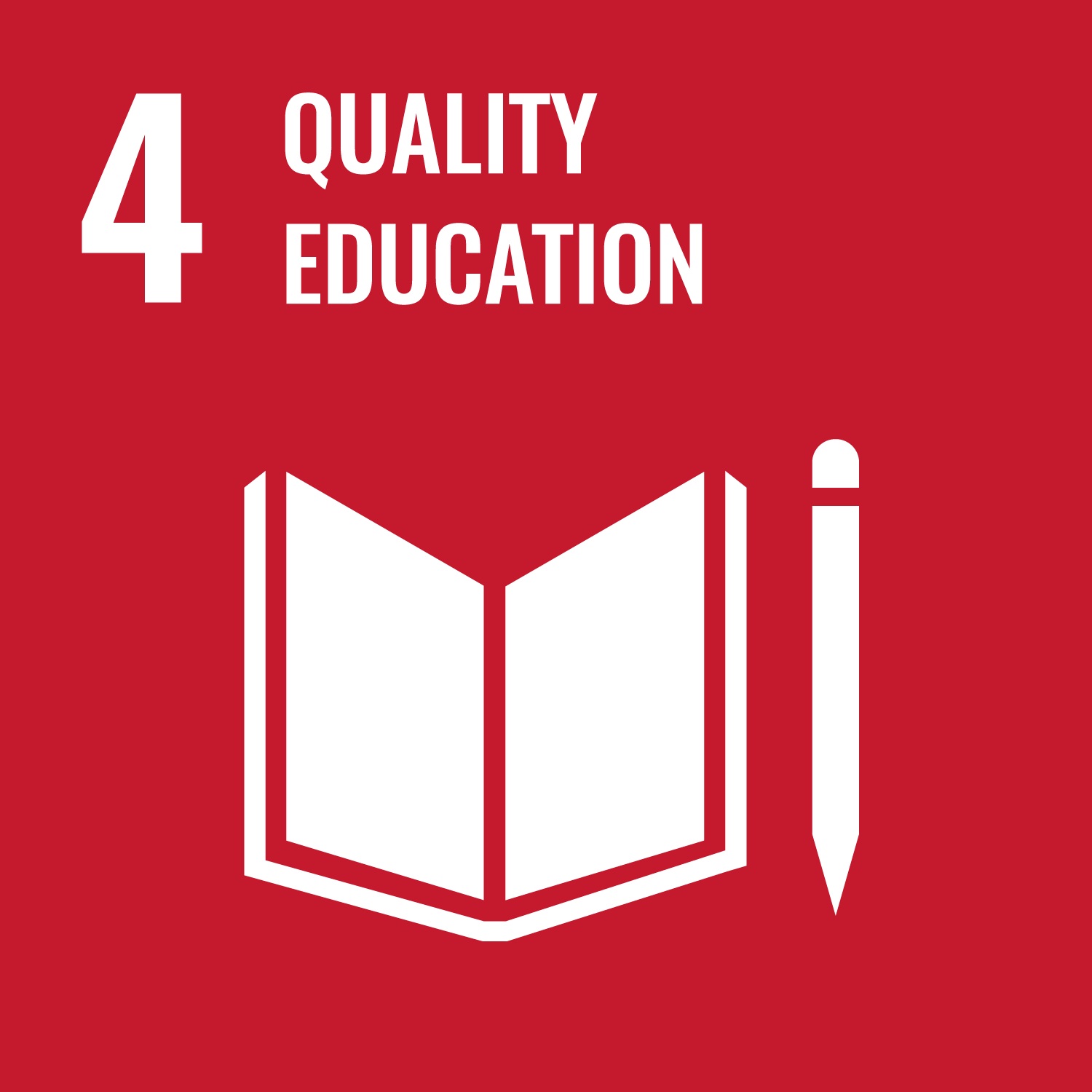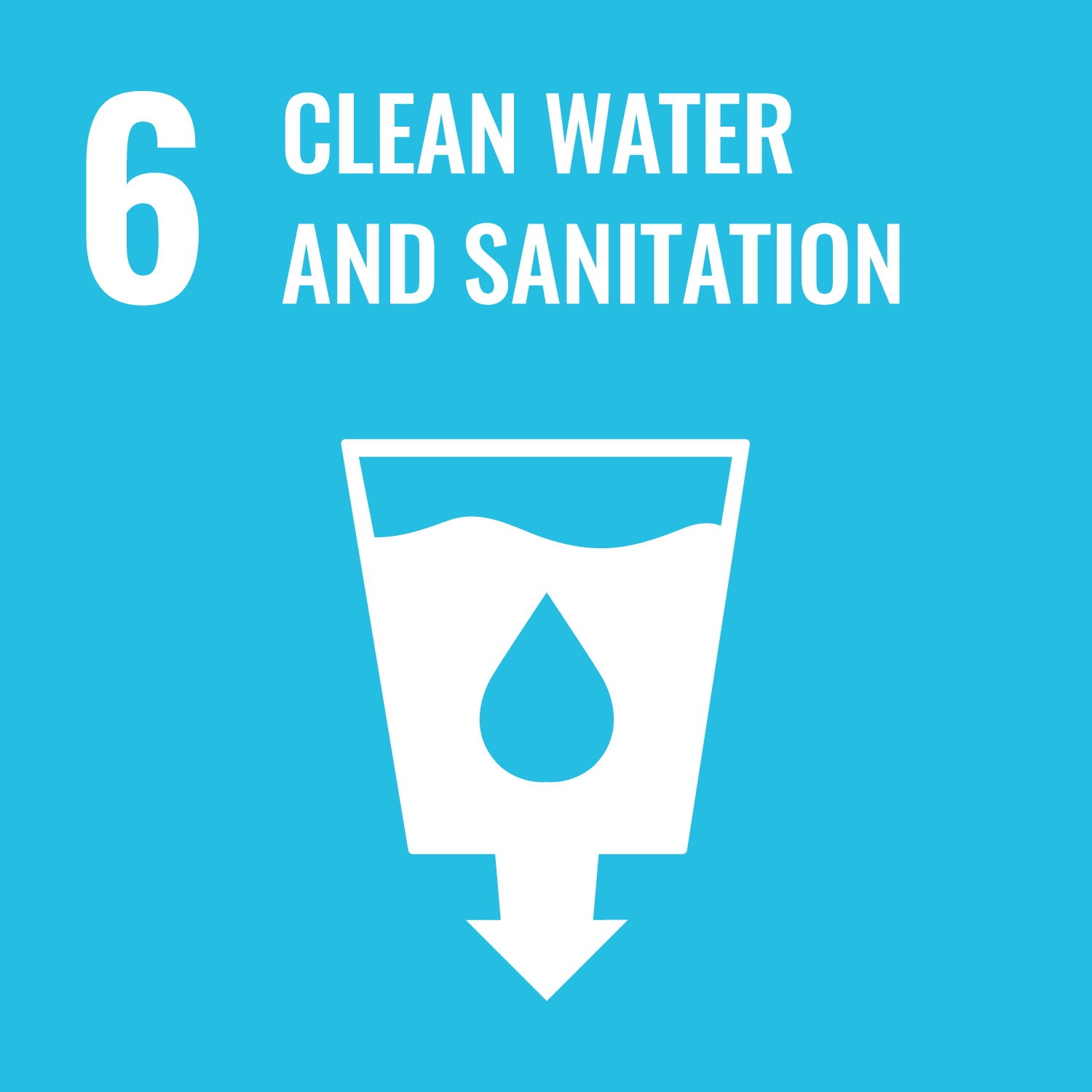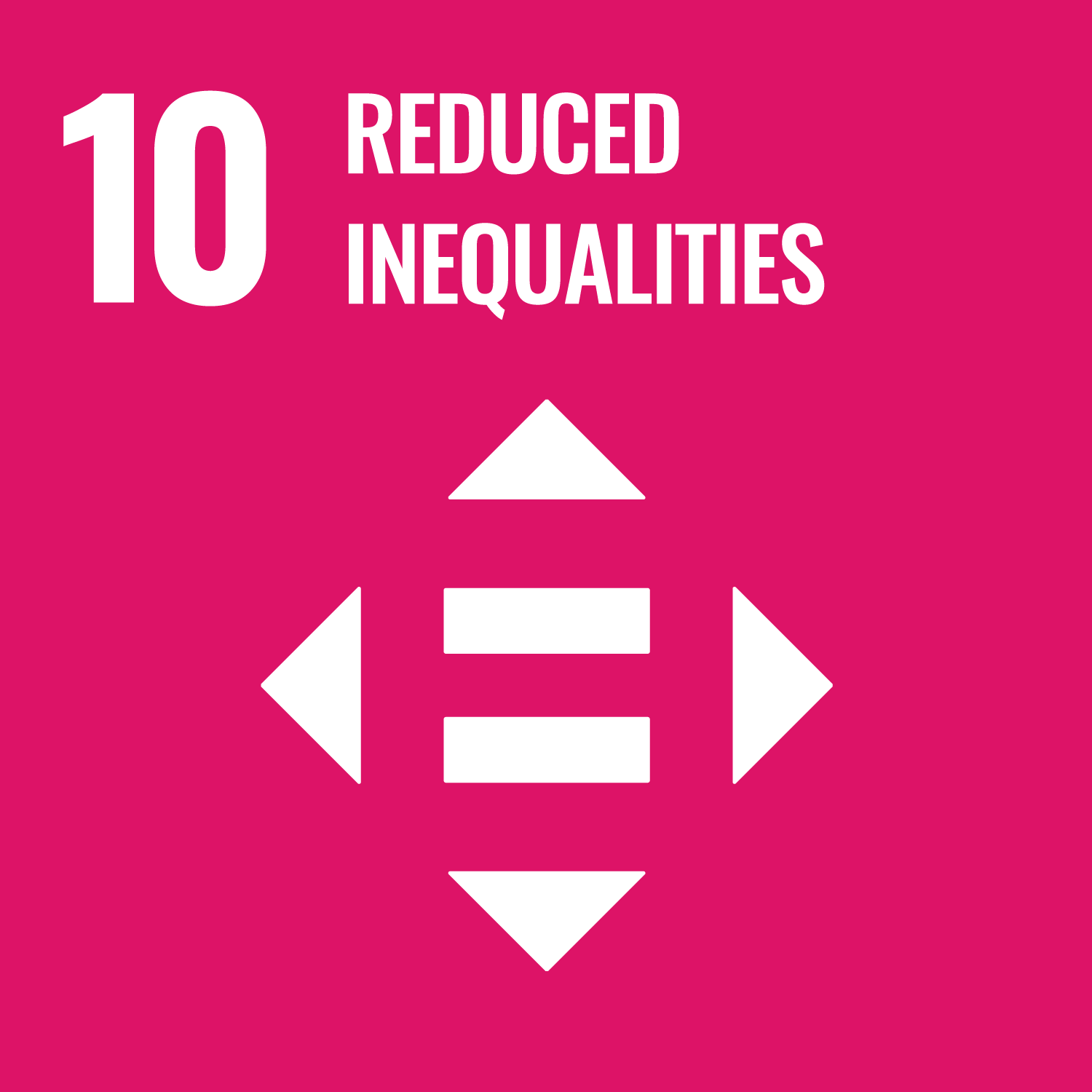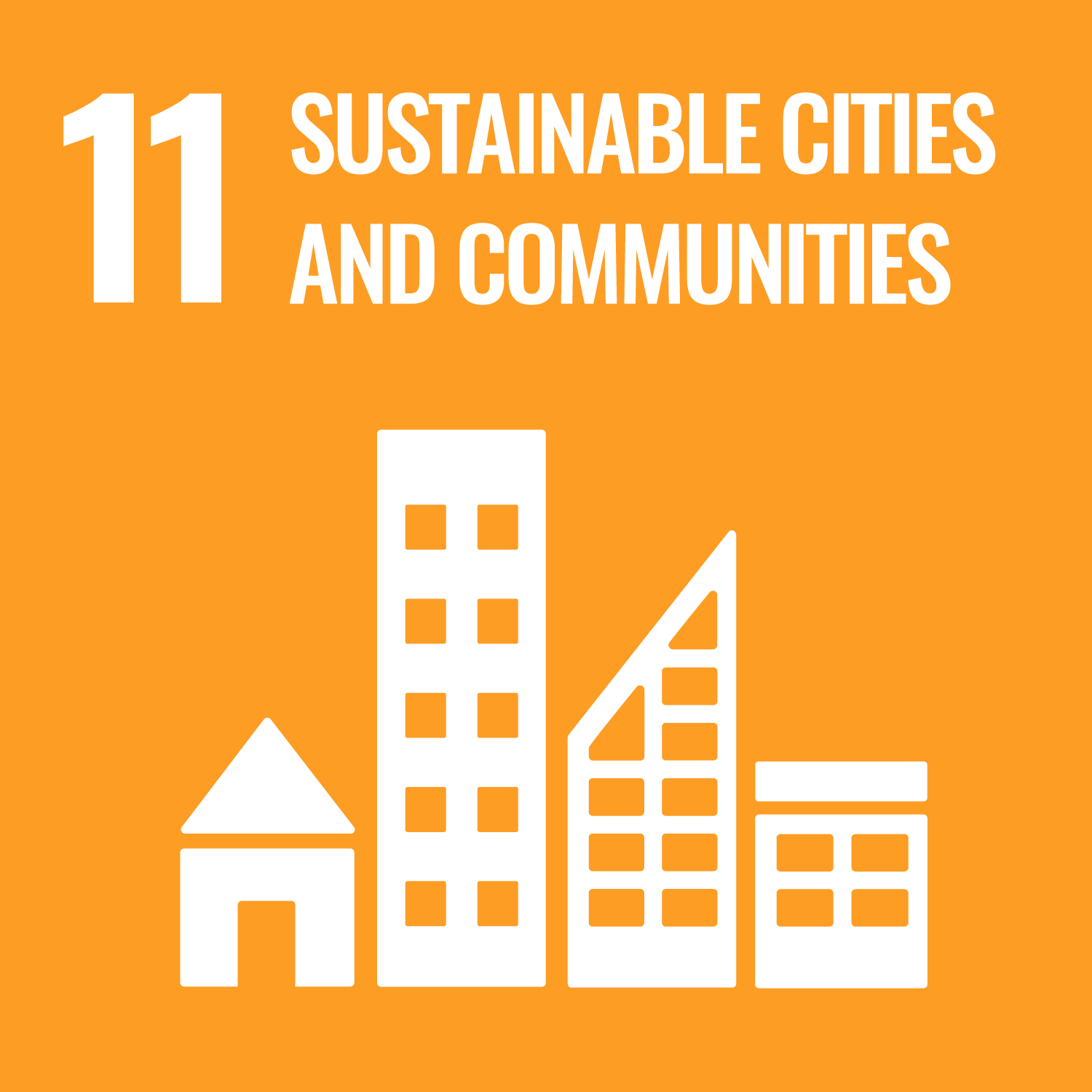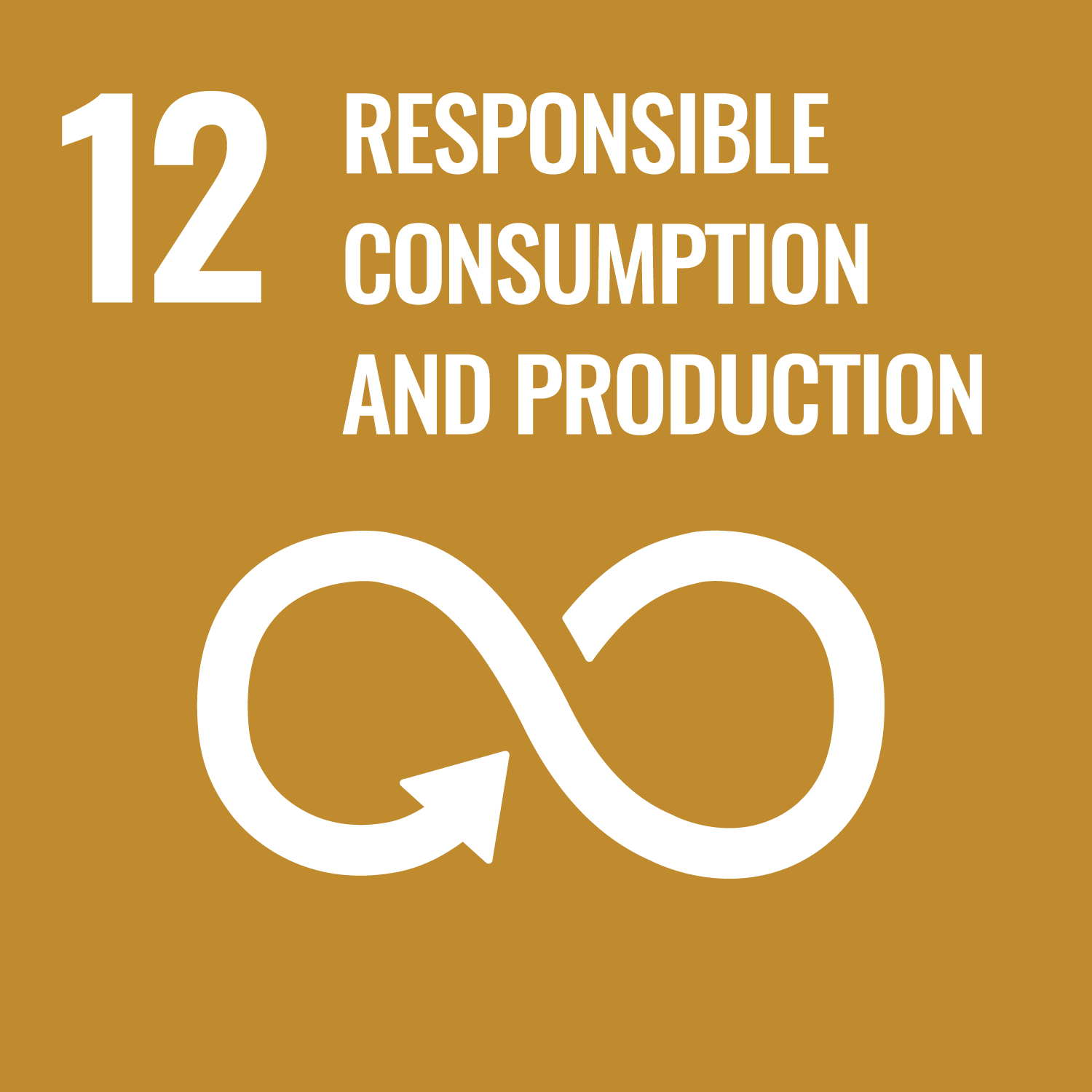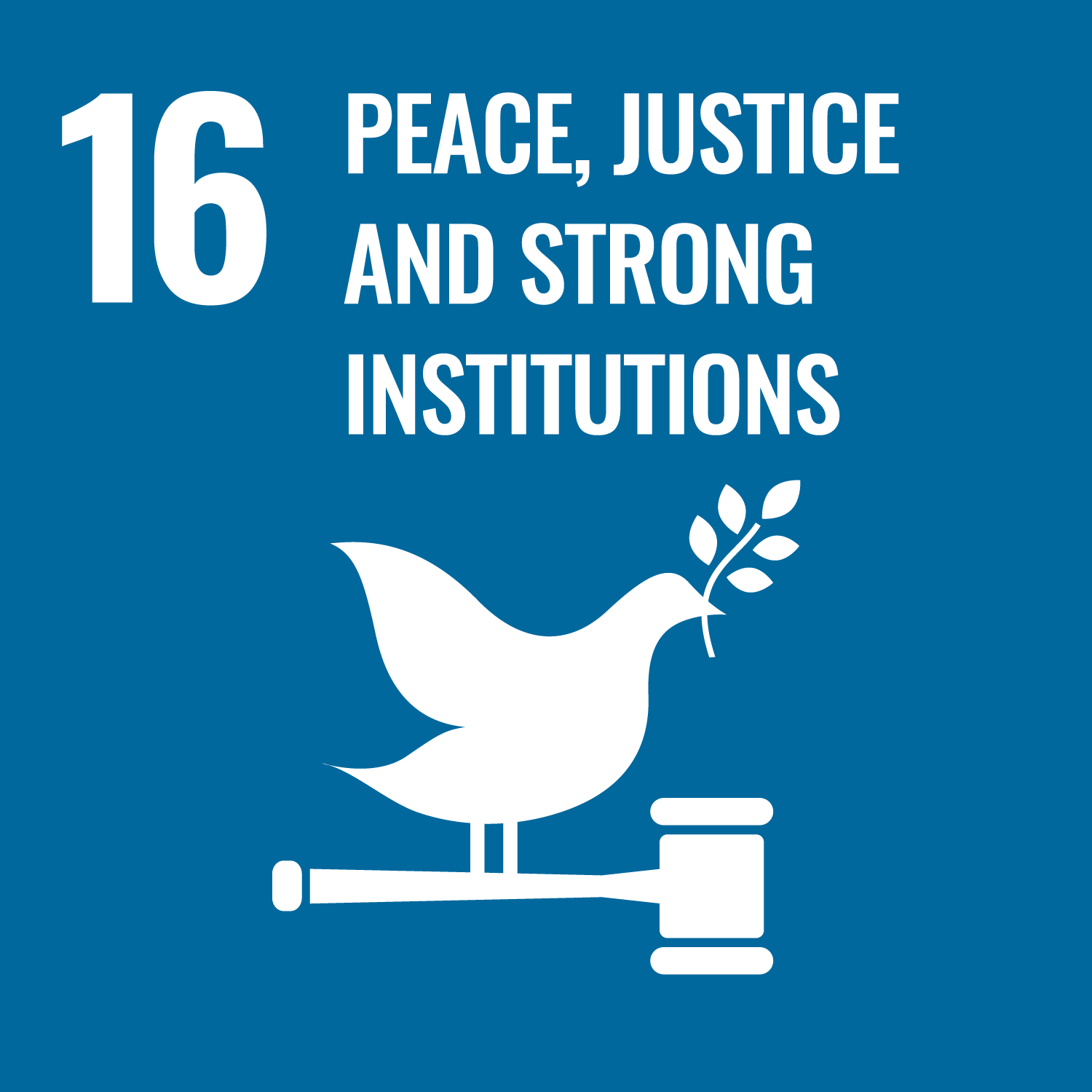Smuggling of Asylum-seekers and Criminal Justice
The objective of this paper is to demonstrate the legal implications for asylum-seekers flowing from their resort to falsified documents as a method of gaining access to the territory of asylum countries. Article 31(1) of the Refugee Convention is supposed to act as a shield against punishment for illegal entry. However, the paper identifies four issues relating to the application of Article 31 which make the functioning of the shield difficult. The first issue relates to the procedure of applying Article 31 and in particular the interrelationship between the refugee status determination procedure and the criminal procedure initiated as a result of usage of false document. The second issue is how immigration control rationale permeates the criminal procedure and results in reversal of the burden to the detriment of the defendant/asylum-seeker. The third issue relates to the unavailability of proper legal advice and the ensuing repercussions for applying Article 31’s shield. And lastly, the application of the shield could be so belated that by the time when Article 31(1) is under consideration by appropriate judicial authority, asylum-seekers might not only have been recognized as refugees, but they have already been convicted and served the sentence. Thus, the system is designed in such a manner that immigration control prevails and indeed breaches are sanctioned.
| Item Type | Discussion or working paper |
|---|---|
| Keywords | refugees, asylum-seekers, human smuggling, false documents, criminal offences, Article 31(1) of the Refugee Convention, availability of legal advice |
| Subjects |
Human Rights & Development Studies Law |
| Divisions |
Human Rights Consortium Refugee Law Initiative |
| Date Deposited | 07 Jan 2013 11:18 |
| Last Modified | 05 Aug 2024 23:35 |
